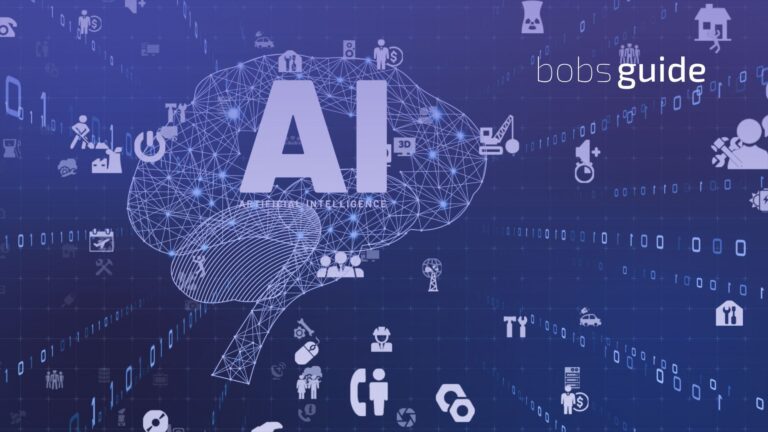The Transformative Role of Artificial Intelligence in Financial Cybersecurity
The integration of artificial intelligence (AI) into financial cybersecurity represents a significant leap from theoretical discussions to impactful real-world applications. For leaders in banking and fintech, understanding how AI can deliver genuine value is crucial for strategic planning and investment. The question is not whether AI will be utilized, but rather how it can be most effectively implemented.
1. Advanced Fraud Detection and Prevention
One of the most advanced applications of AI in finance is the detection and prevention of fraud. Machine learning models can analyze millions of transactions in real-time, identifying subtle anomalies that traditional rule-based systems may overlook. By establishing unique behavioral profiles for each user, considering factors such as transaction size, geo-location, and biometrics, AI can accurately flag account takeovers or synthetic identity fraud.
2. Anti-Money Laundering Pattern Recognition
Money laundering often involves complex networks and transaction models to conceal illicit activities. AI excels at connecting disparate data points, identifying relationships between entities and transactions that suggest sophisticated money laundering operations. This holistic analysis allows institutions to move beyond simple transaction monitoring, meeting the rigorous demands of regulators.
3. Predictive Threat Intelligence Analysis
The sheer volume of threat intelligence data can overwhelm human analysts. AI platforms can efficiently process this flood of information, correlating it with the technology stack and threat profile of an institution. This results in predictive intelligence, highlighting potential threats and enabling security teams to shift from reactive to proactive defense strategies.
4. Next-Generation Phishing and Business Email Compromise Detection
Cybercriminals leverage generative AI to craft highly convincing phishing attacks and business email compromises (BEC). To combat this, modern email security tools utilize AI to analyze not just keywords but also linguistic styles, sender reputation, and contextual elements, successfully identifying malicious emails that might evade traditional filters.
5. Monitoring Compromised Accounts
Detecting unauthorized access or compromised employee accounts is notoriously challenging. AI-driven User and Entity Behavior Analysis (UEBA) systems learn standard activity patterns and can alert teams when abnormal behaviors are detected—such as unusual data access or access attempts during odd hours—triggering immediate investigations.
6. Intelligent Security Orchestration and Automation (SOAR)
AI serves as the intelligence behind SOAR platforms. When an alert is generated, an AI-focused SOAR system can automatically enrich the alert with contextual data, assess its severity, and initiate an appropriate response protocol. This reduces response times substantially, often without requiring human intervention.
7. Automated Regulatory Compliance Monitoring
Compliance with regulations such as GDPR and PCI DSS mandates continuous data collection and reporting. AI can automate much of this process, continually monitoring compliance, collecting evidence of control efficiency, and even generating reports. This significantly lessens the manual burden on compliance teams.

